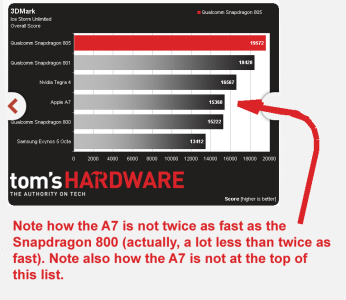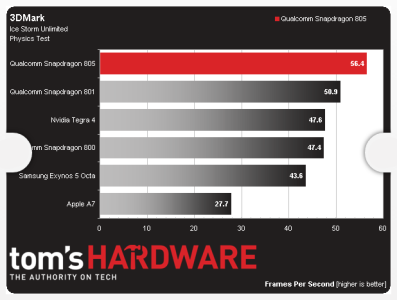JeffDenver
Banned
- May 3, 2010
- 2,996
- 27
- 0
I'm still wondering why the race to 64-bit. Has Android saturated the abilities of 32-bit or hit some performance wall that going 64-bit will tear down?
Right now, there is no reason. More bit's is not a magic wand for performance. AC details the reasons here though - Why 64-bit processors really matter for Android | Android Central



